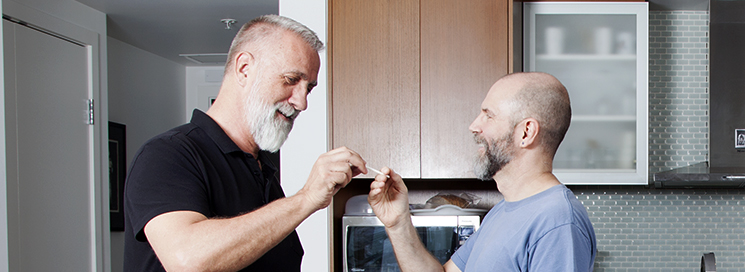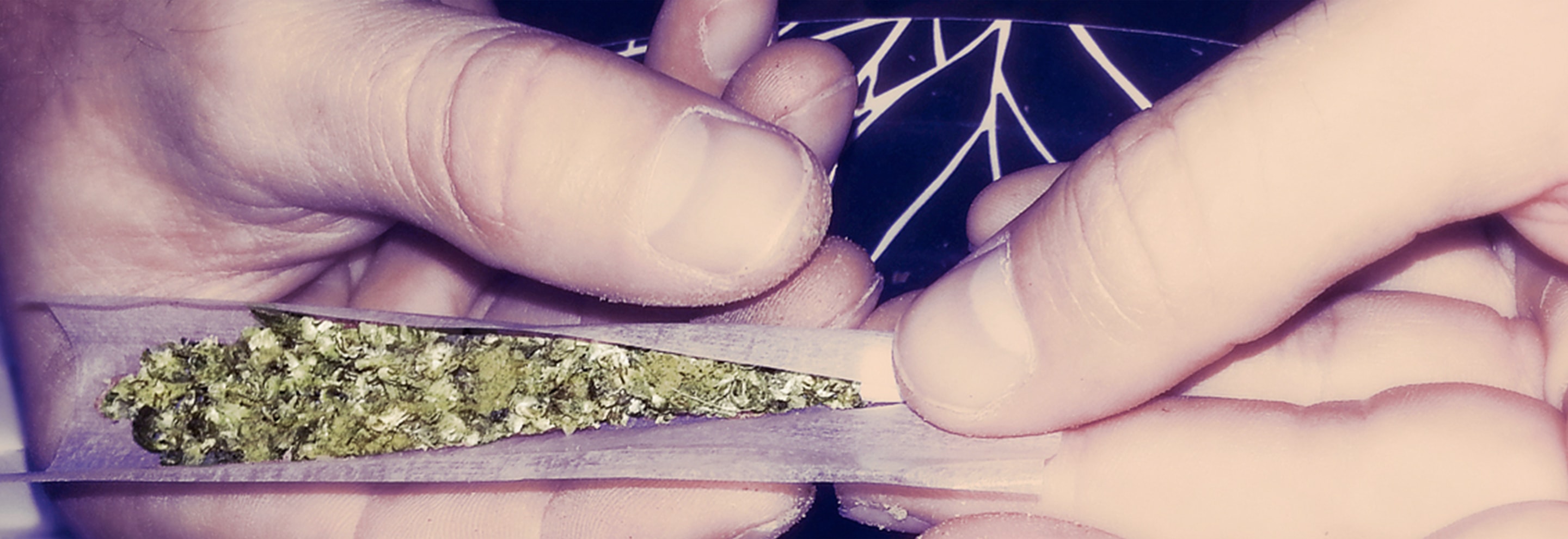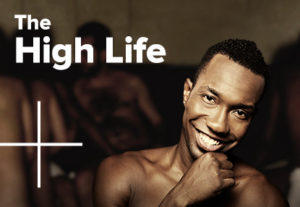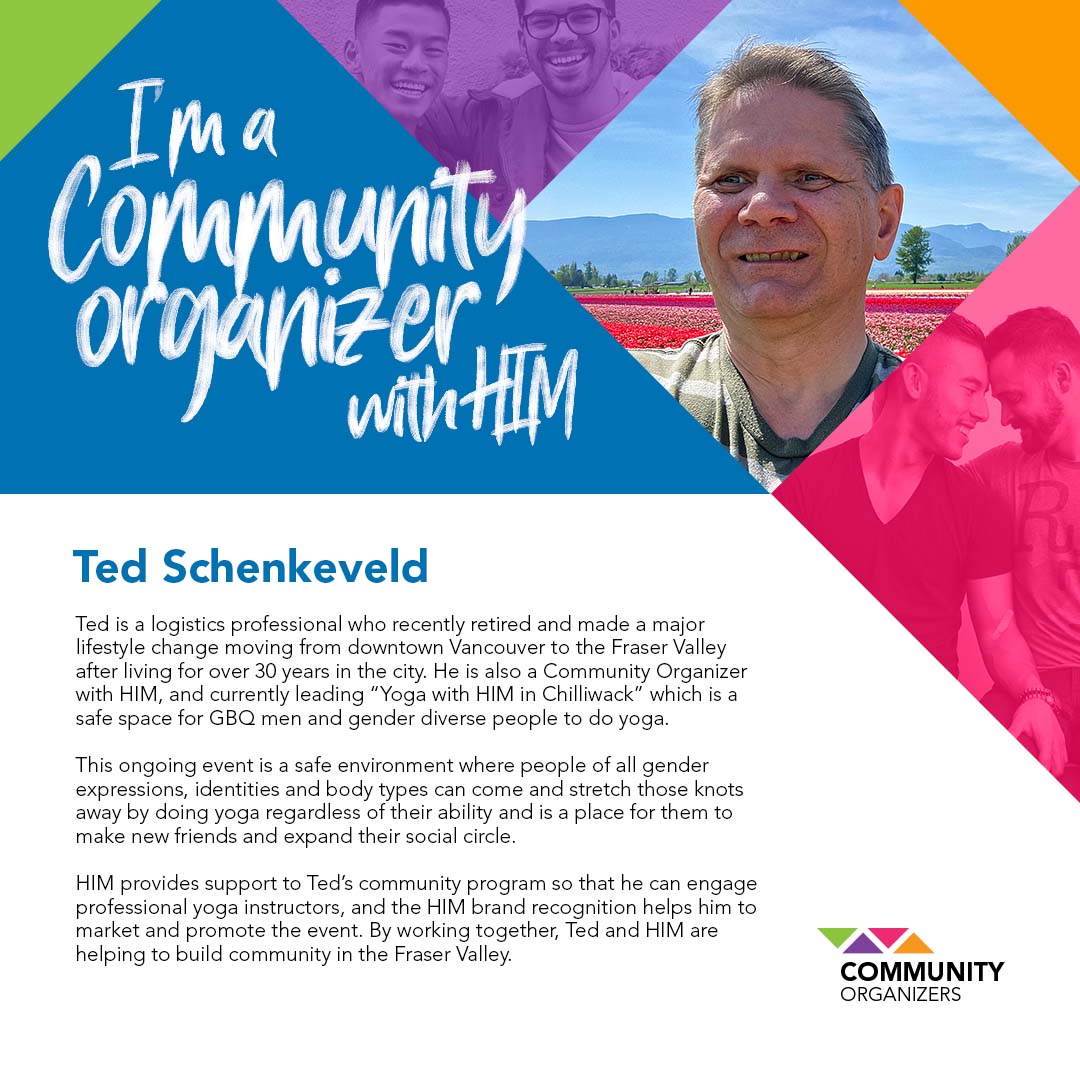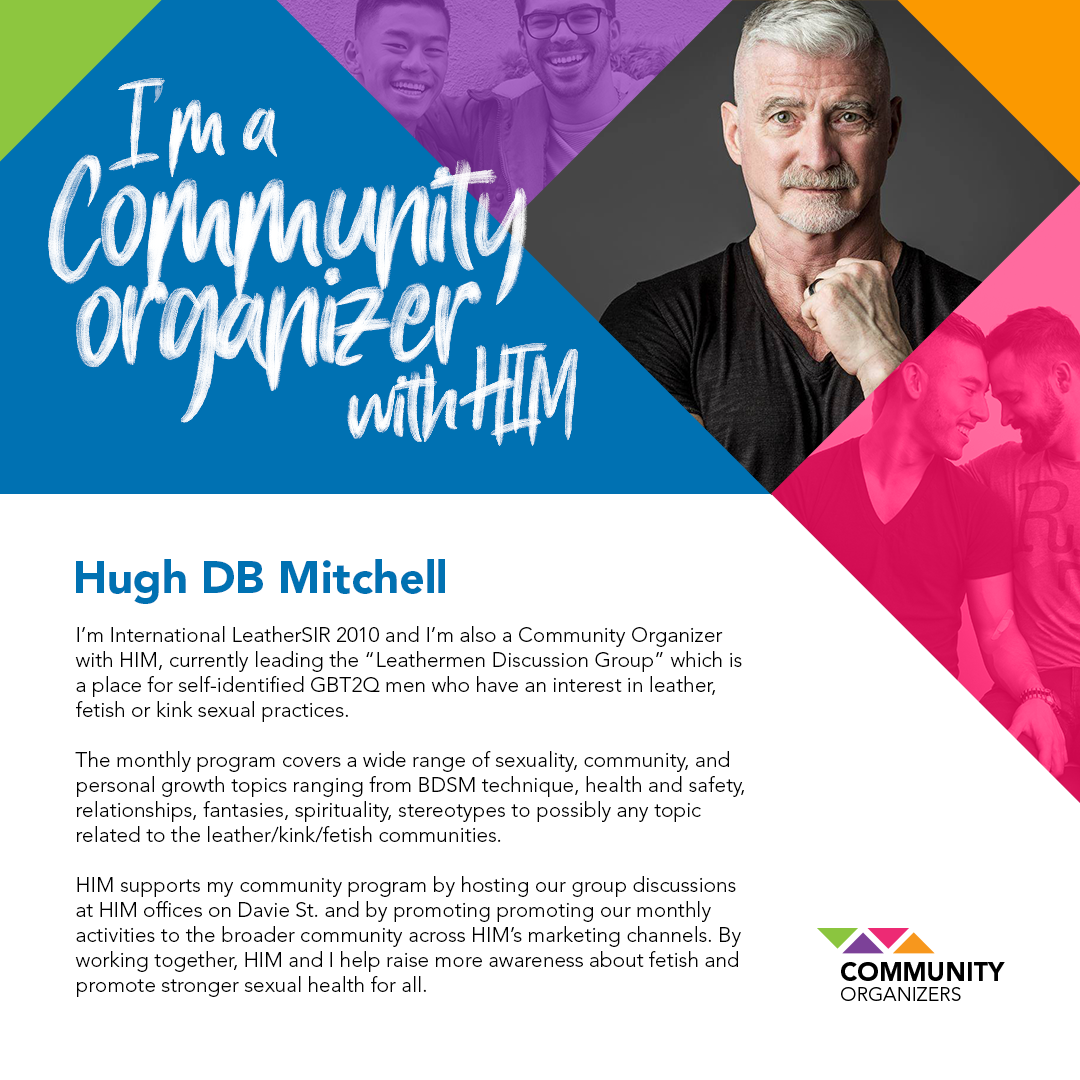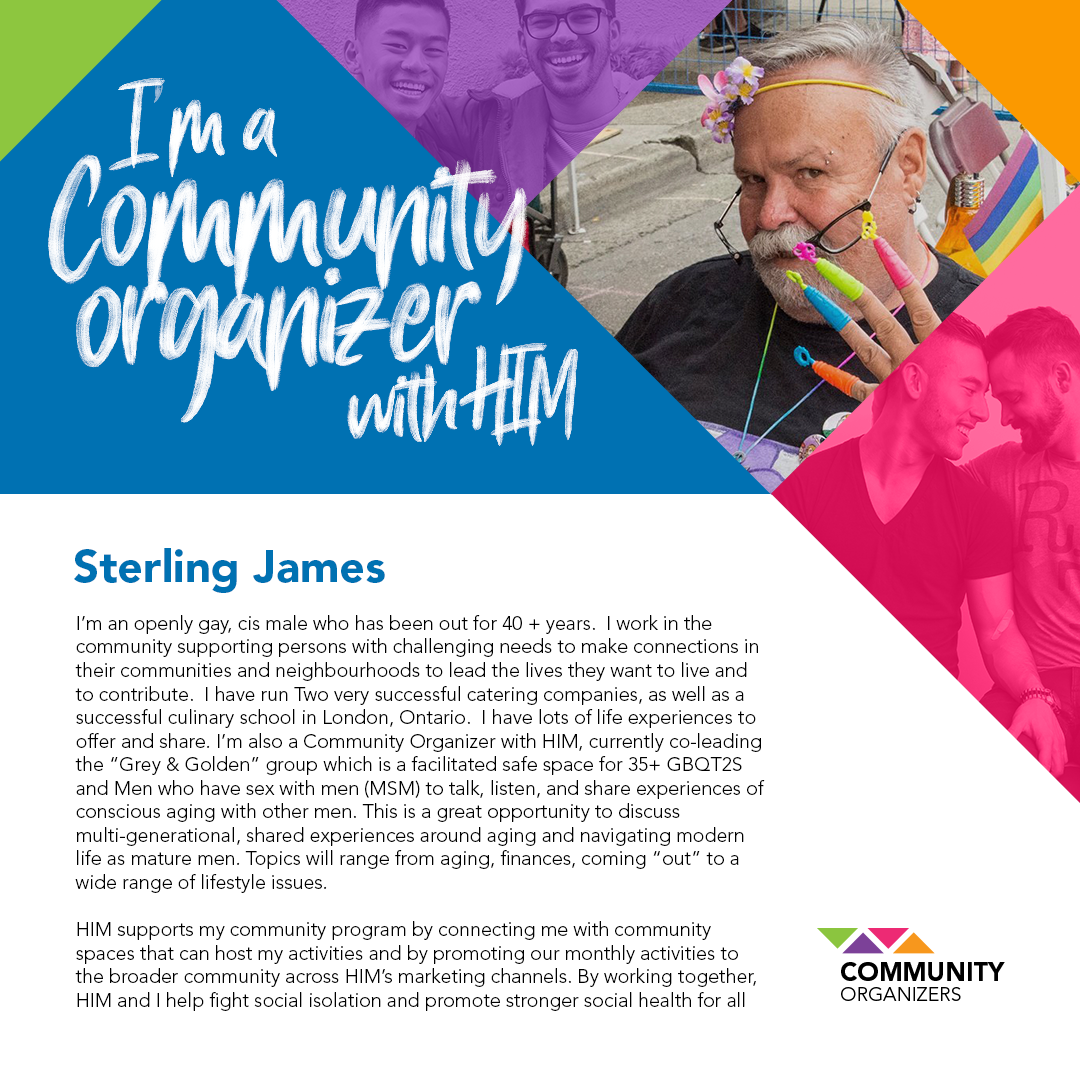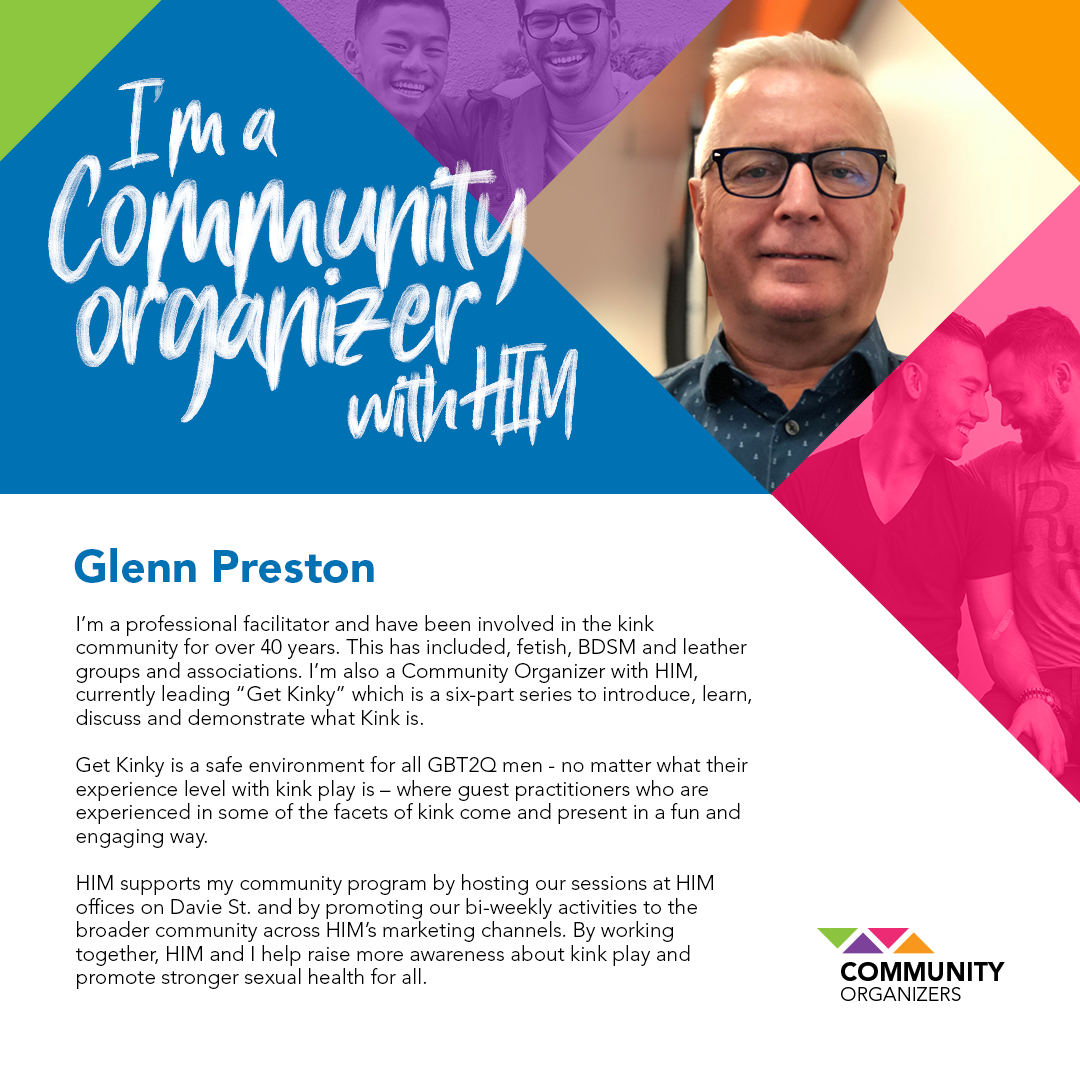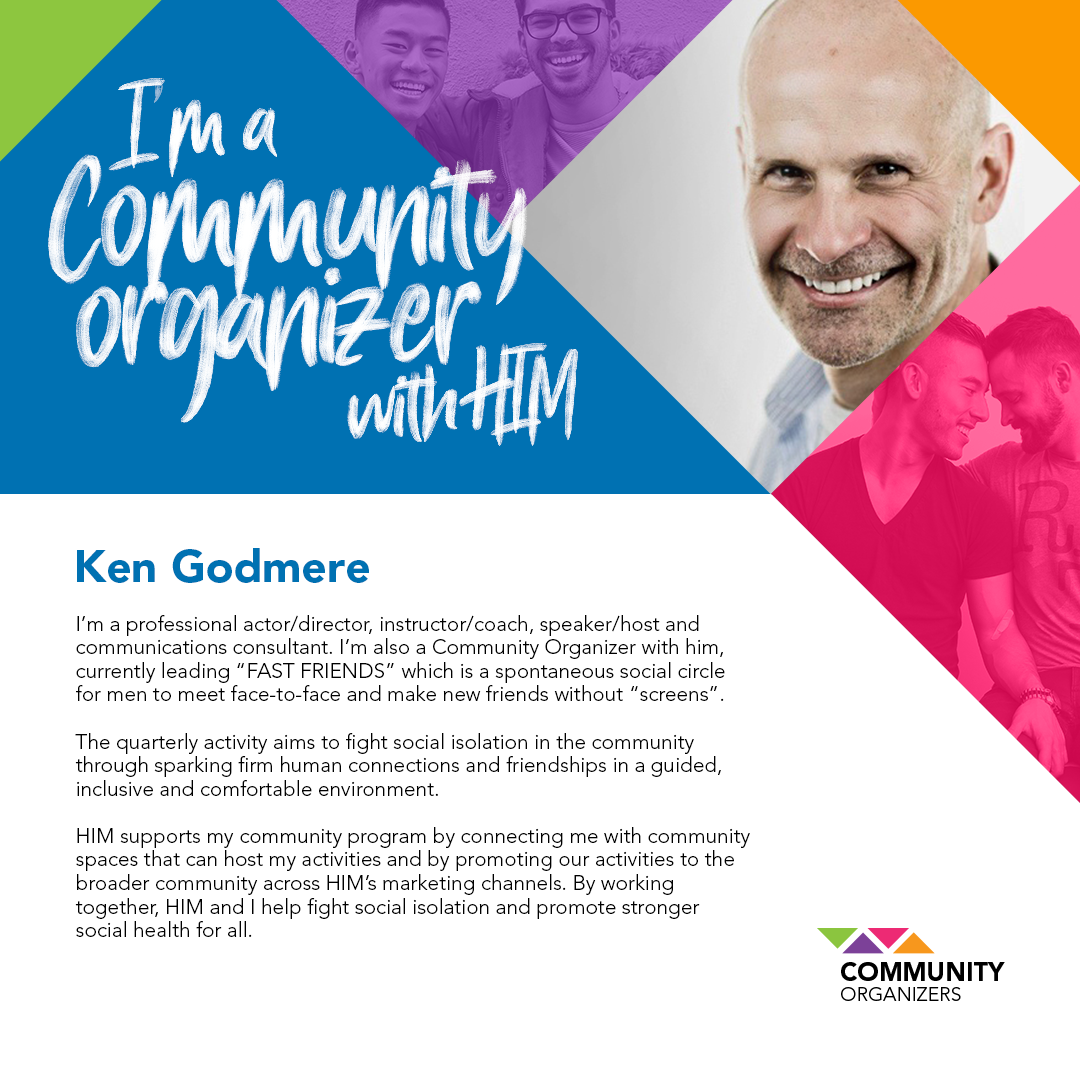We spoke to guys who have experience getting high and here’s what they had to say about:
Informed drug use — if you’re going to get high, be smart about it
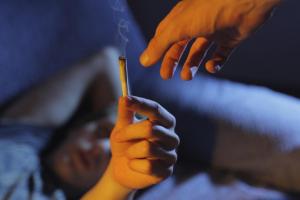
- Limiting the amount of substances you take can be easier said than done. The effects of drugs and alcohol depend on many things, like the amount of food you’ve eaten, or the general mood you are in before taking them.
- If you know your limits and try to stick to them, you are less likely to have regrets. Don’t spoil a good time with regret.
- Be informed about the drugs you take. Some drugs not only affect the way you think, but can also lower inhibitions and increase the risk of picking up or passing on HIV or other STIs.
- Have a trustworthy source. It’s important to know where and from whom your drugs come.
- When you are taking new drugs, use small doses in the beginning to see how your body reacts.
Knowing your limit — how much is too much?
- It really depends. Every guy has his own limit — some know their own while others are still figuring things out.
- Recreational use for one guy might look like addictive behaviour to his friends.
- Support is crucial for most guys who are trying to break a drug habit. Let him know you have his back, and point him to some local resources.
- When a friend seems to be losing control, judging him isn’t going to help anything. But you can tell him what you’re noticing.
1. Is he acting paranoid?
2. Is he losing money?
3. Is he missing work?
4. Is he having sex without condoms?
Reducing your risk
Guys have discovered lots of ways to reduce their risk while using drugs:
- Be in a good place when starting your night. Rest up and eat well beforehand.
- Party with friends you know you can trust. Let them know what drugs you’re taking and whether it’s your first time.
- Make sure you have your condoms and lube ready beforehand.
- Get your stuff before you go out. Stick to a reliable dealer.
- Remember: drug purity is never guaranteed. Start slow and see how you go.
- Know how long it’s been since you took a hit.
- Keep track of each other. Have a meeting place in case you get separated, and tell your friends when you’re going home.
- Remember your other medications – things like HIV meds need to be taken regularly. Forgetting a dose because you’re too high could cause health problems later.
- Just say “no” when you’ve had enough.
Mixing
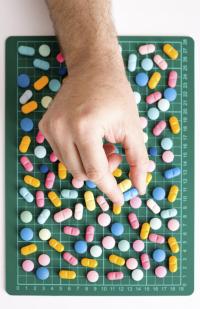
A lot of us mix various substances into other substances when we party. However, when we do this, we run the risk of negative complications such as an overdose or harmful drug interactions. Know your limits and tolerance levels to avoid overdose.
Here are a few guidelines when it comes to mixing:
- Meth and E don’t go well with antidepressants: this combination can lead to increased heart rate, serotonin syndrome, and possibly death.
- Poppers don’t go with Viagra: this pairing can cause blood pressure to drop, which can lead to fainting, stroke, heart attack, or death.
- Lower your alcohol intake if you’re taking K or GHB. These combinations could be deadly!
- Avoid combining alcohol and sleeping pills (a common celebrity overdose).
- Mixing alcohol and cocaine increases your chance of a heart attack.
- Ritonavir and other anti-HIV meds don’t go with E, K, or meth: this combination can lead to an increased chance of overdose and death.
Overdose
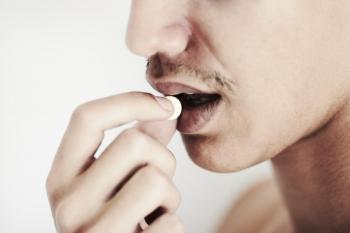
One of the risks of drug use is an overdose (OD). You can reduce your risk for an OD by learning as much as you can about the drugs you are taking, and using those drugs in a way that reduces your risk for harm. You can help a friend who has OD’d by getting educated on how to respond.
Signs of an OD on “downers” such as GHB, K, heroin or alcohol:
- passed out (can’t wake him up or keep him awake)
- hardly breathing or not breathing at all
- no or weak pulse (check wrist and neck)
Signs of an OD on “uppers” such as Ecstasy, crystal meth or coke:
- difficulty breathing
- racing or irregular pulse
- pain and numbness in chest, arms and neck
- hot, dry skin
- uncontrollable twitching
- passed out
If you find someone who you think has OD’d, turn him onto his side so he doesn’t choke on his own vomit. Call an ambulance. Stay with him. Never give him more drugs to counteract the ones he has taken.
After the party…
Guys often feel down or depressed after a weekend of partying. Your body is sore and drained from all the fun you had. You can save yourself a lot of grief by taking a few precautions.
- Prepare a ride home in advance. You are too high to drive, so take a taxi or a bus.
- Make sure you have your condoms and lube ready beforehand.
- Eat something. If you can’t eat, grab a sports drink or some orange juice.
- Some guys come down naturally, while others use smoking aides or they smoke a joint. Just don’t mix sedatives or alcohol with GHB.
Drugs and sex

Recreational drug use and condomless sex are often linked. Drug use has been found to increase the risk of picking up or passing on HIV and other sexually transmitted infections (more condomless sex, less discussion about HIV status, etc). It is possible to have sex while you’re high and still maintain your sexual health.
Here are a few things to keep in mind:
- Know your triggers. Do you have condomless sex when you party? When you’re depressed? When you’re high? When you’re drunk?
- Talk to your buddies about your drug use and sex life. They may be able to help you stick to safer behaviours.
- Always disclose your own HIV status to your partner before having sex.
- Make sure that you are vaccinated for both Hepatitis A and Hepatitis B.
- Reduce the number of guys you have sex with while high.
- Ask guys what they’re into. Get a feel for what they want, and what they don’t want, before things get carried away.
- Before you have sex, take a break from drugs. A massage, a nap, or a shower are great ways to ease into sex.
- If you slip up, being pissed off at yourself won’t help. Instead, think about what went wrong, and figure out a way to avoid the problem next time.
Cutting back and quitting
Kicking an addiction isn’t easy. Even reducing your drug use can be tough. Don’t worry if it doesn’t work out the first time. Keep at it and get the help you need from a health professional. Some guys do quit without professional help, but it doesn’t work for everyone.
Here are a few tips for cutting back and quitting:
- Tell your friends what you’re up to. If you’re trying to quit altogether, you may need to stop hanging out with friends who are users or dealers.
- Accept help wherever it comes from. Know who to call in the middle of the night when you need someone.
- Avoid temptation. Stay away from events where you could find drugs, and if sex is a trigger for you, avoid it too.
- Set limits for yourself and be ready to pull the plug on a social situation if it’s getting out of hand.
- Consider how cigarettes, alcohol, and other drugs might lead to using.
- Sleep and eat as much as you need.
- Keep your goals small and manageable, and write them on paper so you have a record. There is no “normal” speed of recovery. Cravings will continue.
- Remember that an addiction doesn’t make you bad or weak. If you backslide, just tell someone you trust and get back at it.
Helping a friend
Sometimes, things can go wrong while you are taking drugs with friends, and your friends may need your help. You can reduce your risks by knowing what to do in certain situations.
Here are some tips on how to help out a friend whose substance use may be problematic.
- If you feel comfortable doing so, have a chat with him when he’s sober.
- Provide support and try not to accuse him of being a drug addict. Share your worries and your concerns.
- If you’re comfortable, share examples of when his drug use seemed out of control.
- Some guys may freak out, or deny that there is a problem. So be prepared for the possibility of attacks and excuses. Try not to put yourself in a dangerous position.
- If he is ready to take the next step, have a list of contacts where he can turn for help, then offer to check them out with him.
- If you need support yourself, don’t be embarrassed to seek it. This process can be tough for you too, so don’t forget to talk to someone yourself.
Here’s what you should do if your friend needs help because of an overdose or a bad “trip”:
- If your friend is slowing down, having trouble speaking, leaning against a wall, can’t lift his head, or is rolling his eyes, you might have a problem.
- If he is panicking, take him somewhere where he feels comfortable.
- If he is hysterical, take him to the hospital or call 911.
- Read the Overdose section of Trade Secrets for more information.
